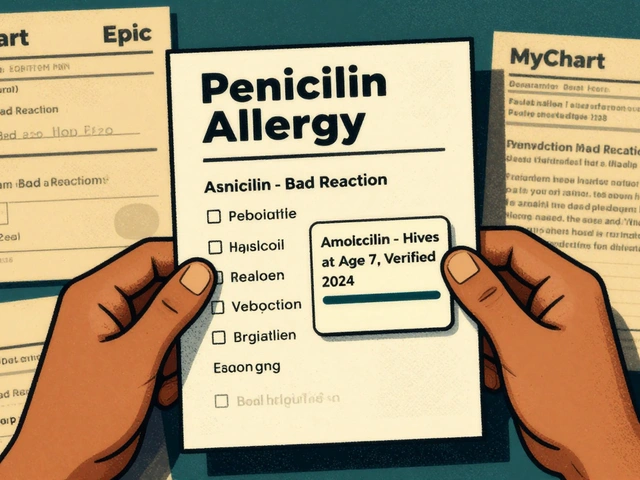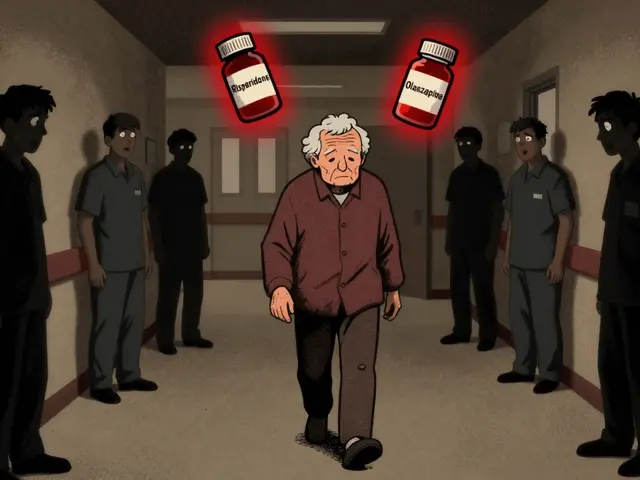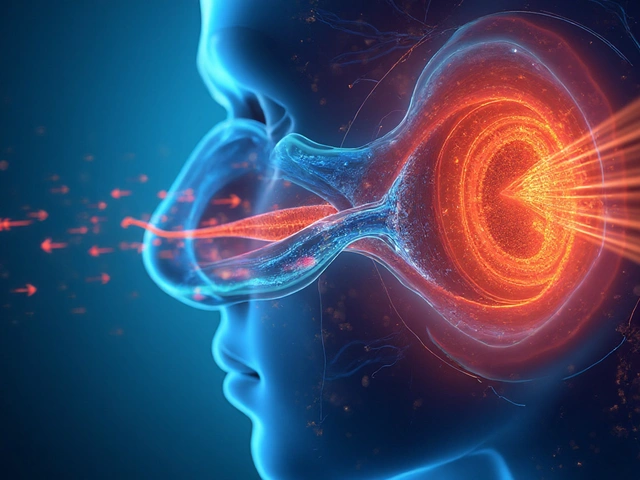Daffodil Supplements: What They Are and Why People Talk About Them
Daffodil supplements are getting attention because some daffodil species contain galantamine, a compound linked to memory support. You might have heard galantamine used as a prescription drug for Alzheimer’s disease. That prescription form is made under strict controls. Over-the-counter daffodil supplements are not the same, so you need to know the differences before trying them.
What are daffodil supplements? Most products claim to use Narcissus bulb extracts or isolated galantamine from related plants. Forms include capsules, tablets, and liquid extracts. Some supplements list a measured amount of galantamine; many do not. That lack of standardization matters because effectiveness and safety depend on exact ingredients and doses.
Uses and evidence
Prescription galantamine has been tested in multiple clinical trials and can help some patients with mild to moderate Alzheimer’s by boosting acetylcholine in the brain. But supplements marketed as “daffodil” or “galantamine extract” are inconsistent. If a product contains a standardized dose of galantamine, it may offer similar benefits to prescription lower-dose options, but evidence for cognitive boost in healthy adults is weak. Expect mixed results and be wary of bold claims that a pill will reverse memory loss.
Safety, dosing, and buying tips
Daffodil bulbs are toxic if eaten or improperly handled. Never try to make your own extract at home. Side effects of galantamine can include nausea, vomiting, diarrhea, slow heartbeat, dizziness, and vivid dreams. People with asthma, certain heart conditions, stomach ulcers, or a history of seizures should avoid it unless a doctor approves. Galantamine interacts with other cholinergic drugs and some cardiac medications.
If you consider a daffodil supplement, follow three simple rules: 1) Talk to your doctor first, especially if you take other medicines. 2) Choose products that list galantamine content and show third‑party testing from organizations like USP, NSF, or an independent lab. 3) Avoid vendors that sell raw bulb powder or suggest DIY extraction. Simple lifestyle changes deliver real benefits. Regular exercise, quality sleep, blood pressure control, a Mediterranean-style diet, and mental challenges help memory more reliably than unproven supplements. If you want herbal support, discuss evidence-backed options like omega‑3s and certain B vitamins with a clinician rather than guessing.
A few practical tips when you shop: pick products that list the exact milligrams of galantamine per serving and skip vague “plant extract” labels. Prescription galantamine (sold as Razadyne or Reminyl) is usually given in the 8–24 mg per day range under medical care; supplements may have lower or uneven amounts. In trials, benefits for Alzheimer’s patients often showed up after six to twelve weeks, not overnight. Expect better-tested products to cost more. If cost or safety worries you, talk to your pharmacist and tell your doctor about any supplements you take. Bring product labels to every medical appointment. Also, follow up with your doctor.

I recently came across the incredible benefits of daffodil supplements and I just had to share this discovery with you all! It turns out that daffodil supplements can significantly improve our overall health and well-being. Some of the amazing benefits include boosting our immune system, improving digestion, and even promoting healthy skin and hair. After doing some research, I found that these supplements are safe and easy to incorporate into our daily routines. I can't wait to start experiencing the positive effects of daffodil supplements on my own health and I hope you'll give it a try too!
Continue Reading





